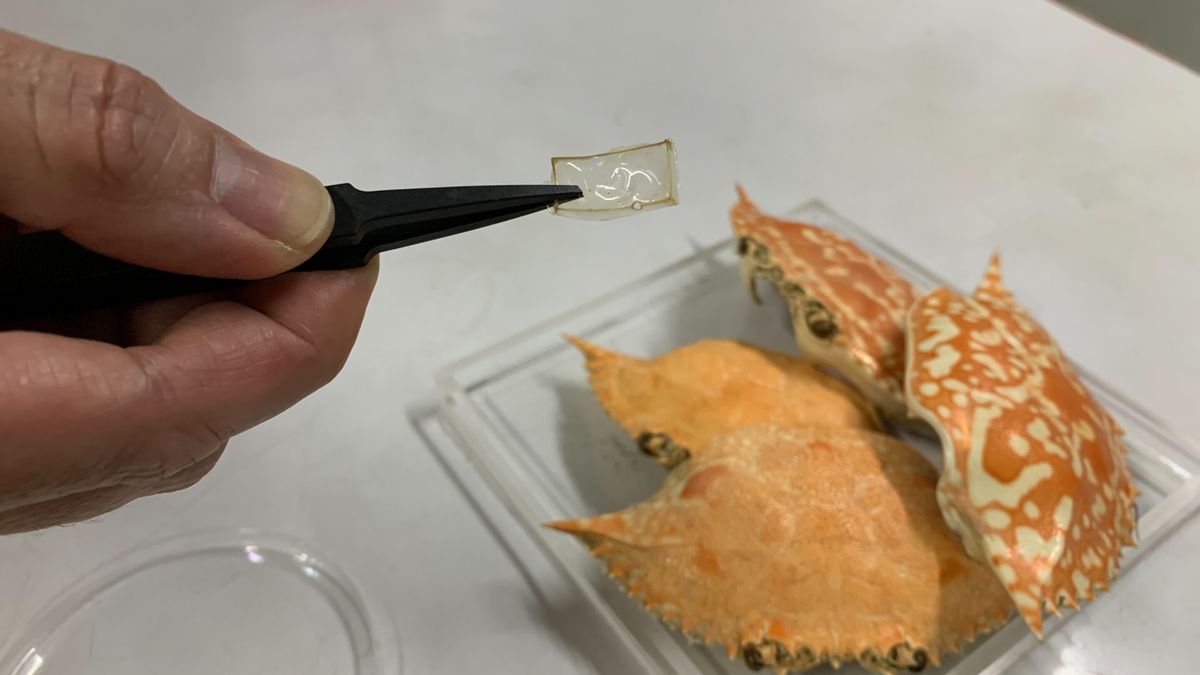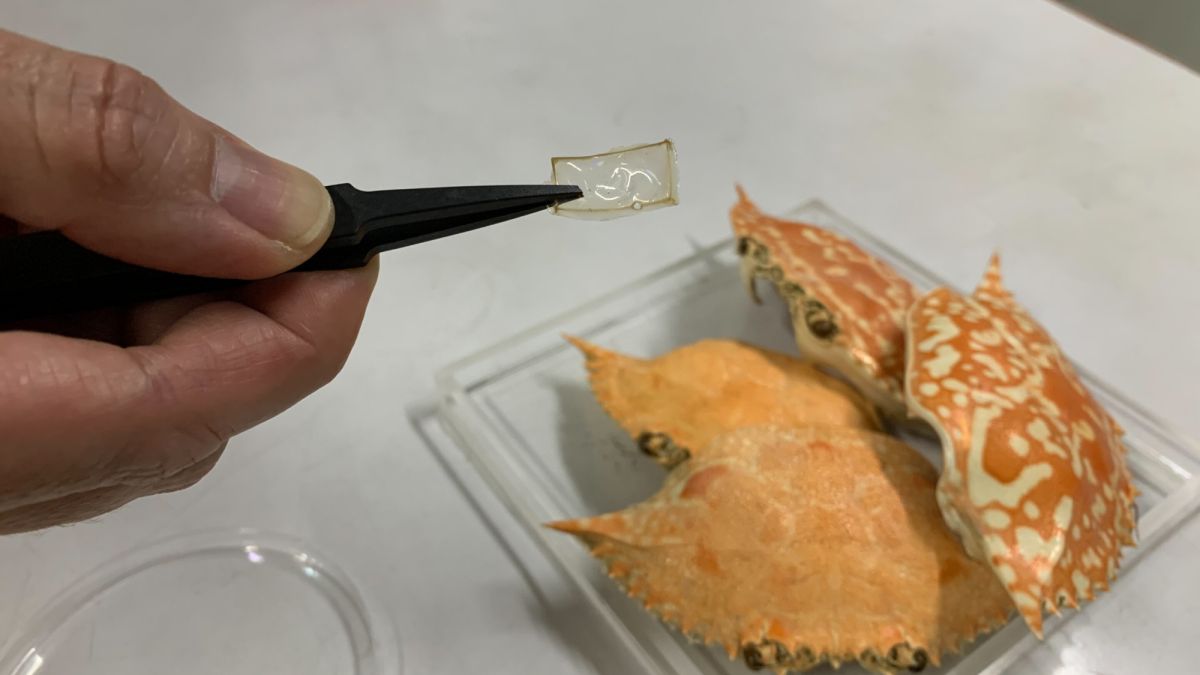
A team of scientists from Ateneo de Manila University in the Philippines have managed to convert an extract from crab shells into a bioplastic that they say can be used to make optical parts known as diffraction gratings.
These are popular parts used in a wide variety of products; they essentially split light into several of its component colors in different directions, exploiting a well known property of light. They are commonly used in lasers, wavelength division multiplexing (a fundamental building block of modern telecommunications) and spectrometers.
And it is in the latter hardware family that these organic diffraction graters could have the biggest impact.
Crab shell super power
The ingredient extracted from the crab shell is called chitosan and can be used as a cheap, lightweight replacement for silicone (not silicon or silica).
Early research shows that chitosan-based diffraction gratings work just as well as silicone-based ones. “By showing that useful optical components can be made from materials typically considered waste, we hope to help improve sustainability in optical manufacturing and reduce the amount of seafood waste that requires disposal,” said the research team leader Raphael A. Guerrero.
Crab shell has been singled out for providing some exciting potential in a number of applications. Scientists have thought about upcycling them to create a competitor to lithium-ion which they’ve christened “Crab Carbon (opens in new tab)”.
Chitosan (opens in new tab) has been identified as a biocompatible polymer that could be used, as nanoparticles, to help treat lung cancer.
Often considered as a byproduct of the crab industry, chitosan extracted from crab shells (and potentially other crustaceans) could help positively change the optics industry, reduce waste and improve the quality of life of crab fishermen and their families.
The research looked into using chitosan as a hard material to replace silicone and it would be interesting to see whether it can be extruded on a large scale to mimic fibre optic – commonly used for wired communication.
The sort term goal of the Philippines team is to design diffraction gratings that could be used in environmentally friendly disposable spectrometers that can be discarded after a single use.
Services Marketplace – Listings, Bookings & Reviews
